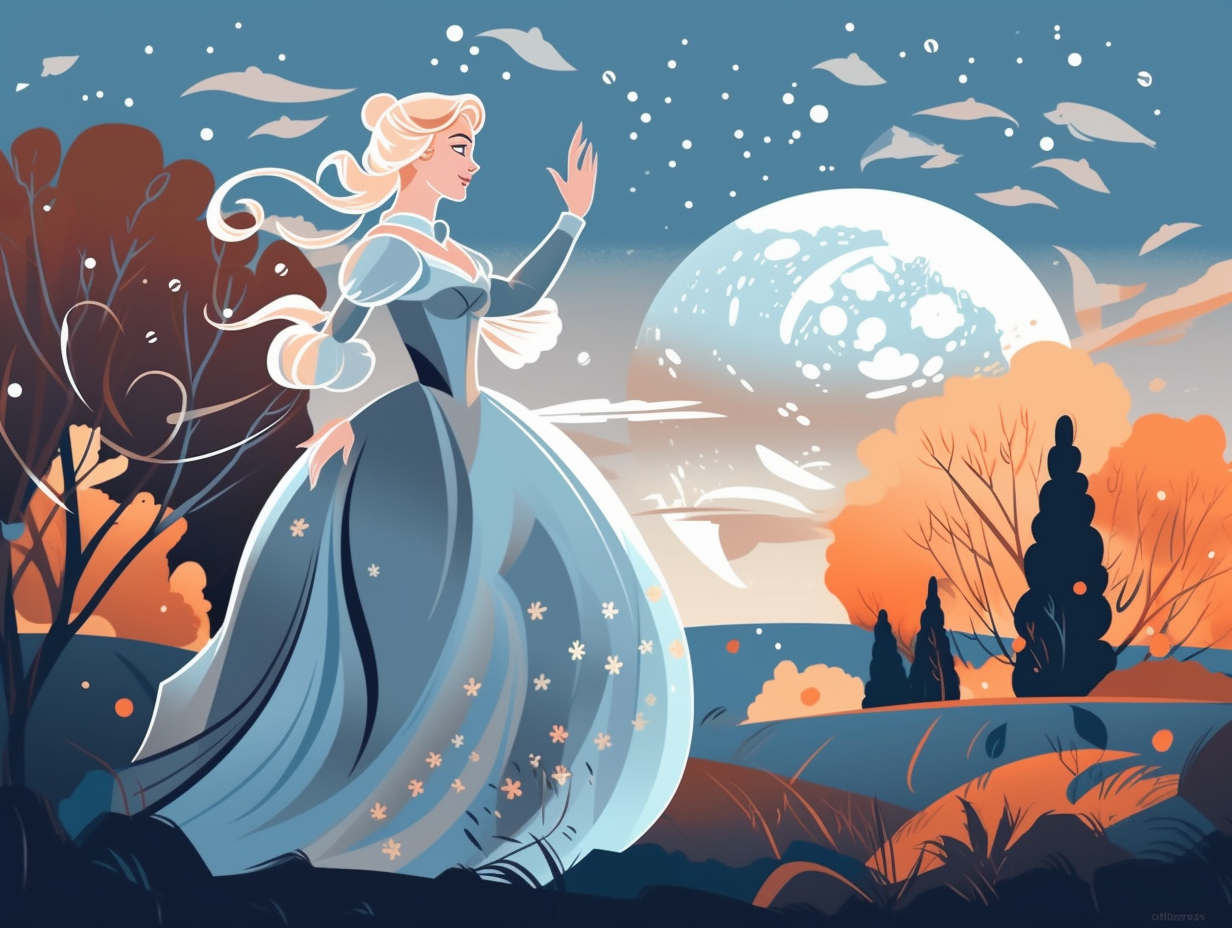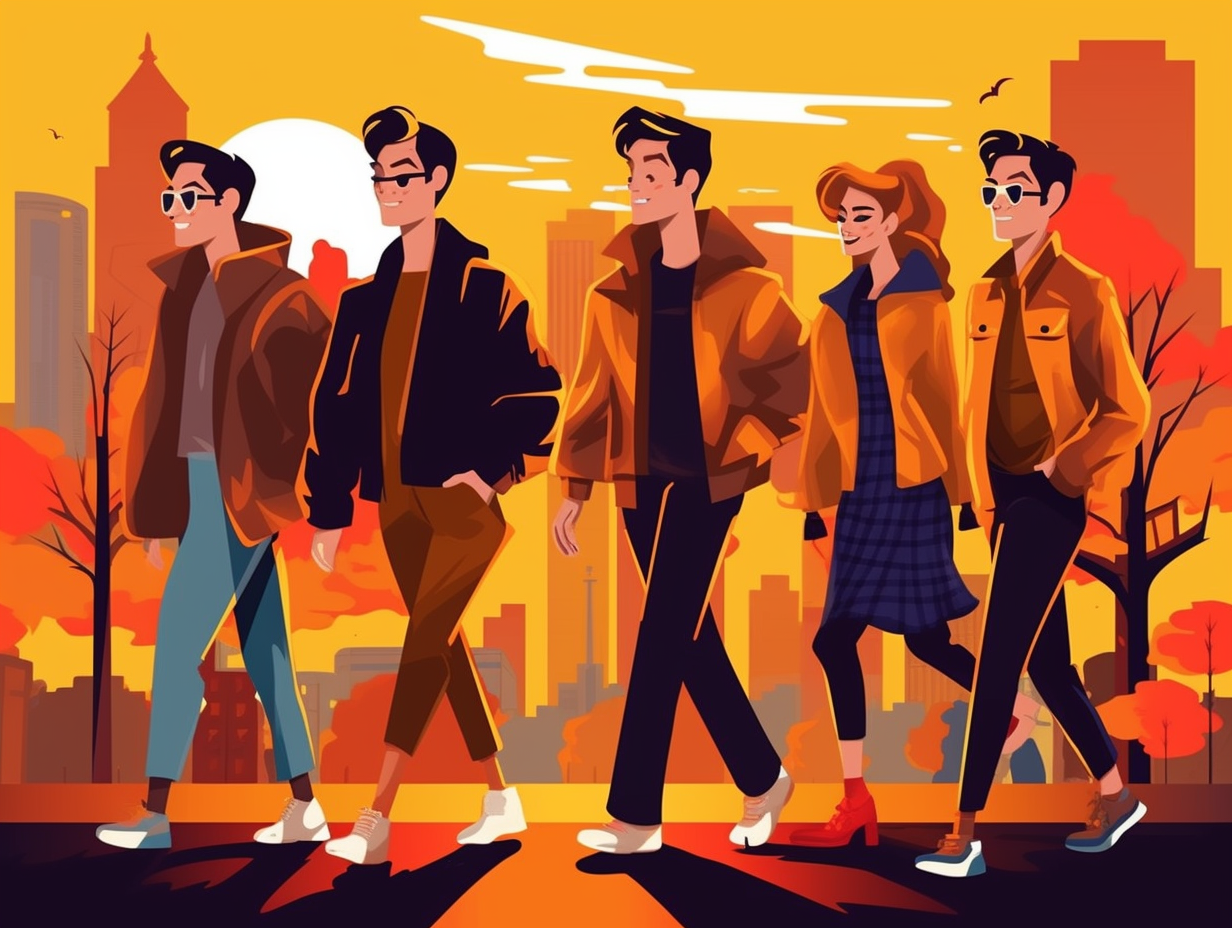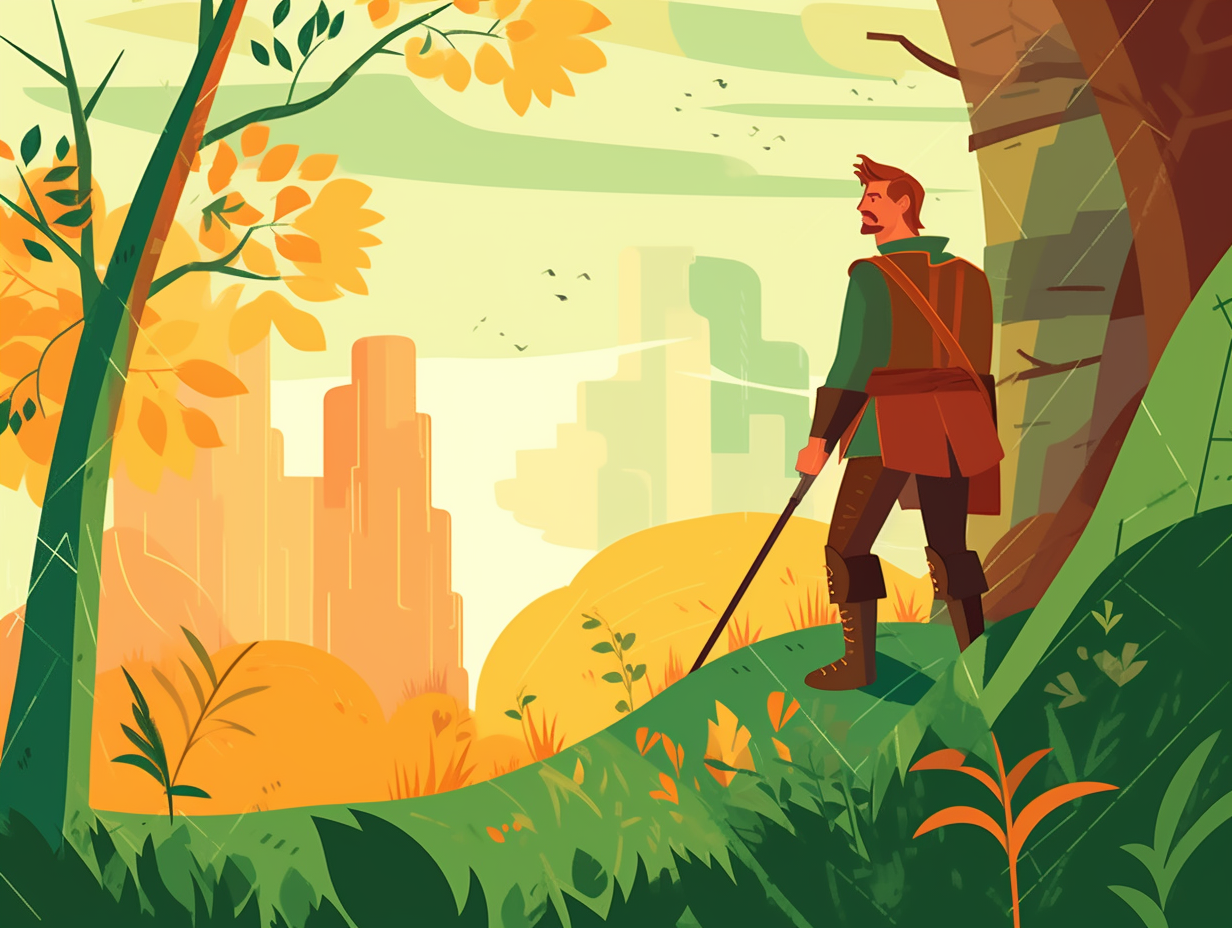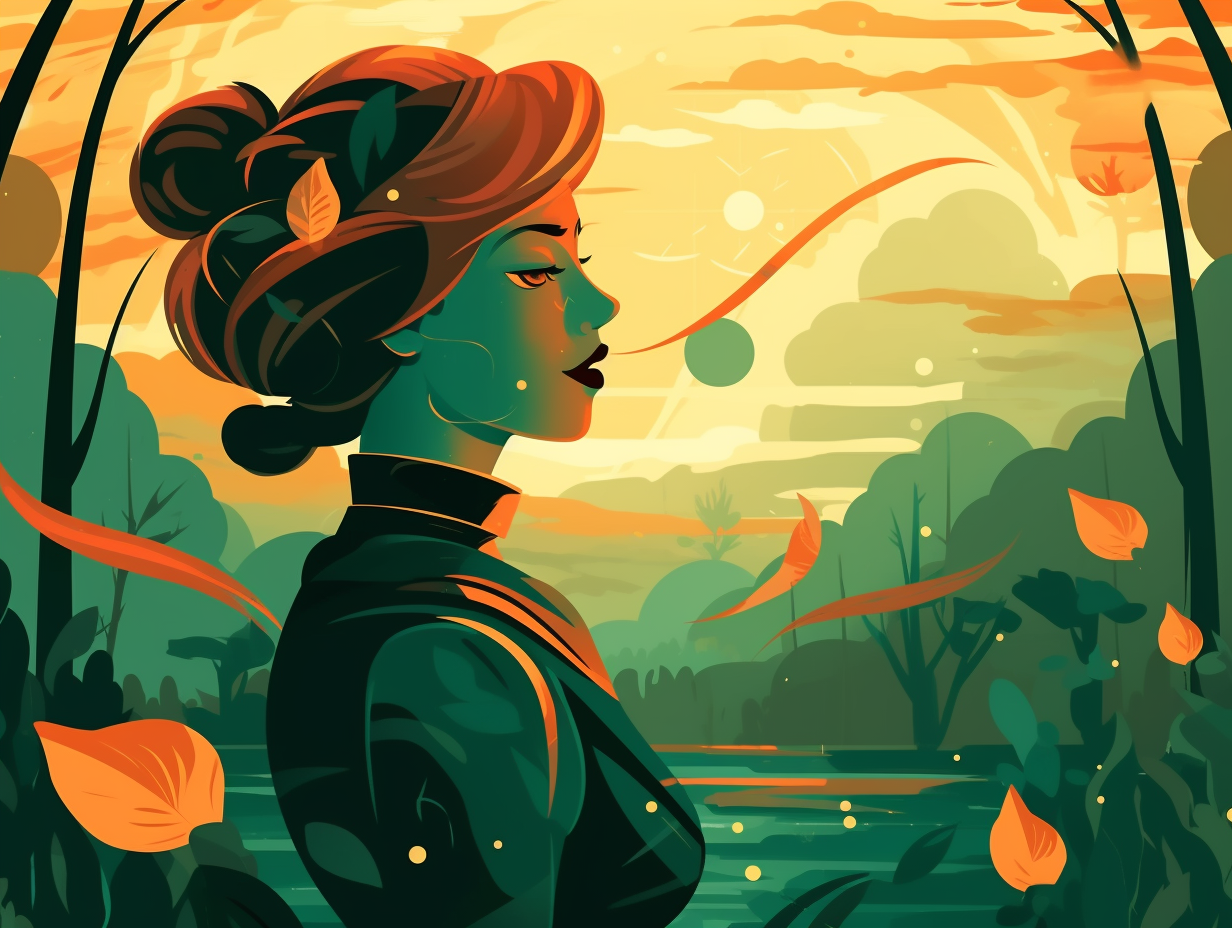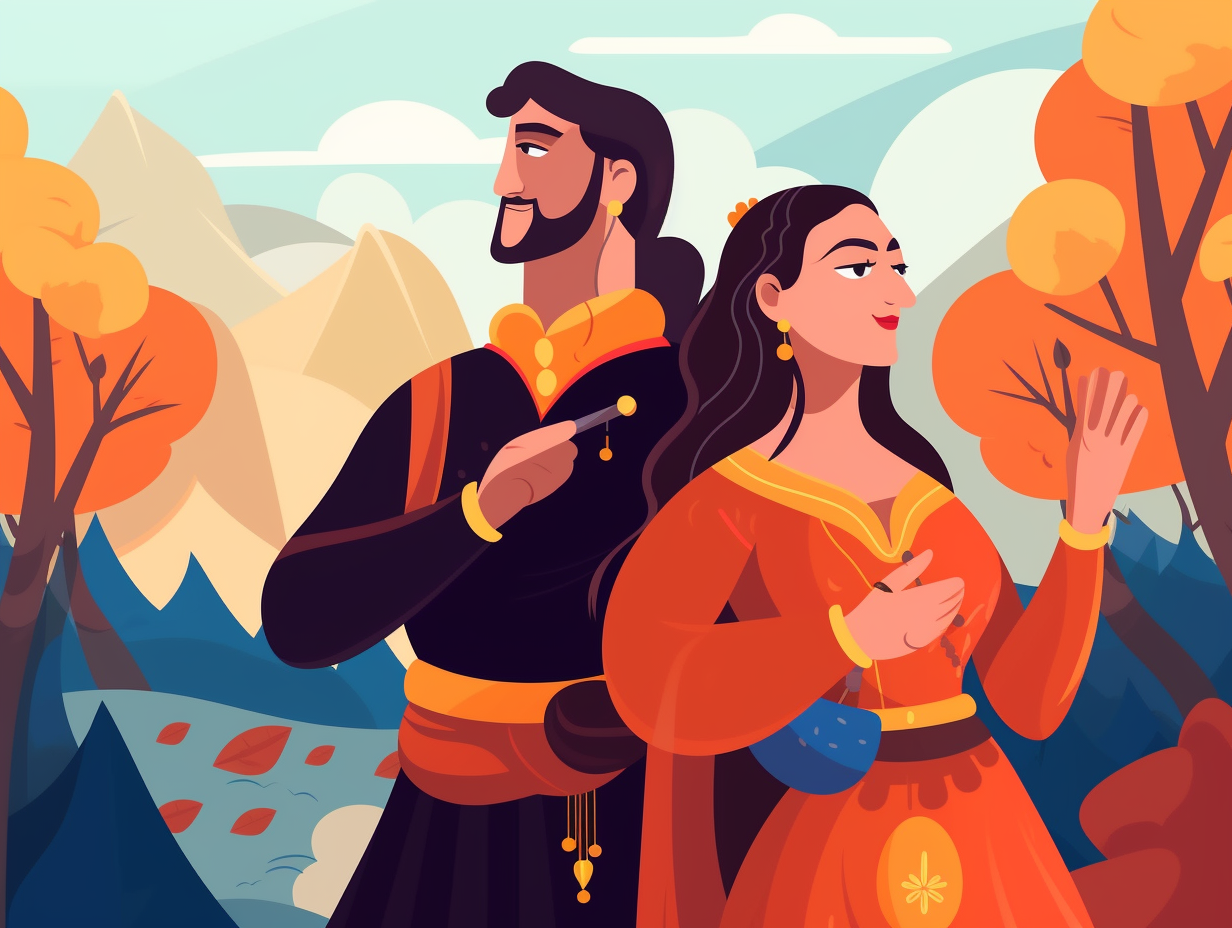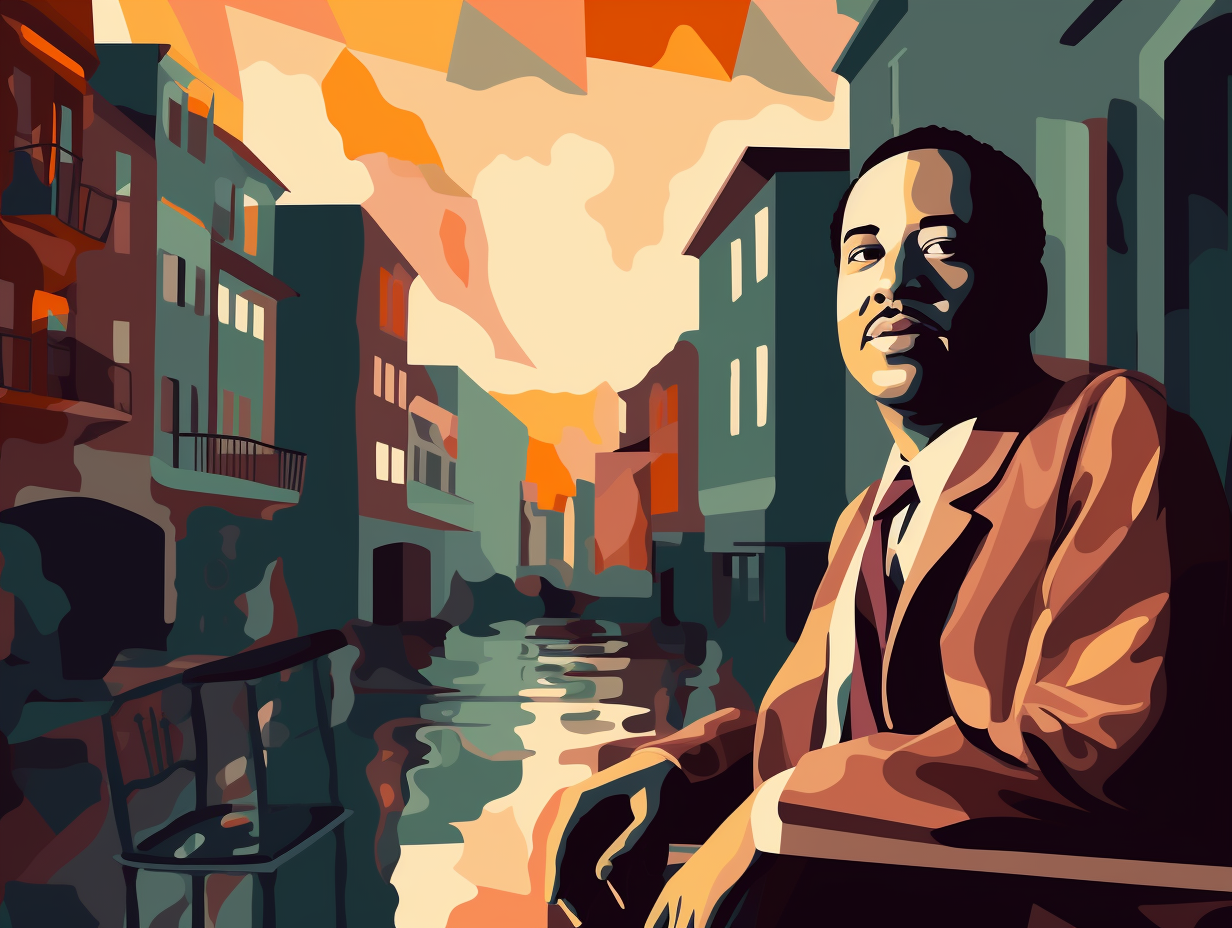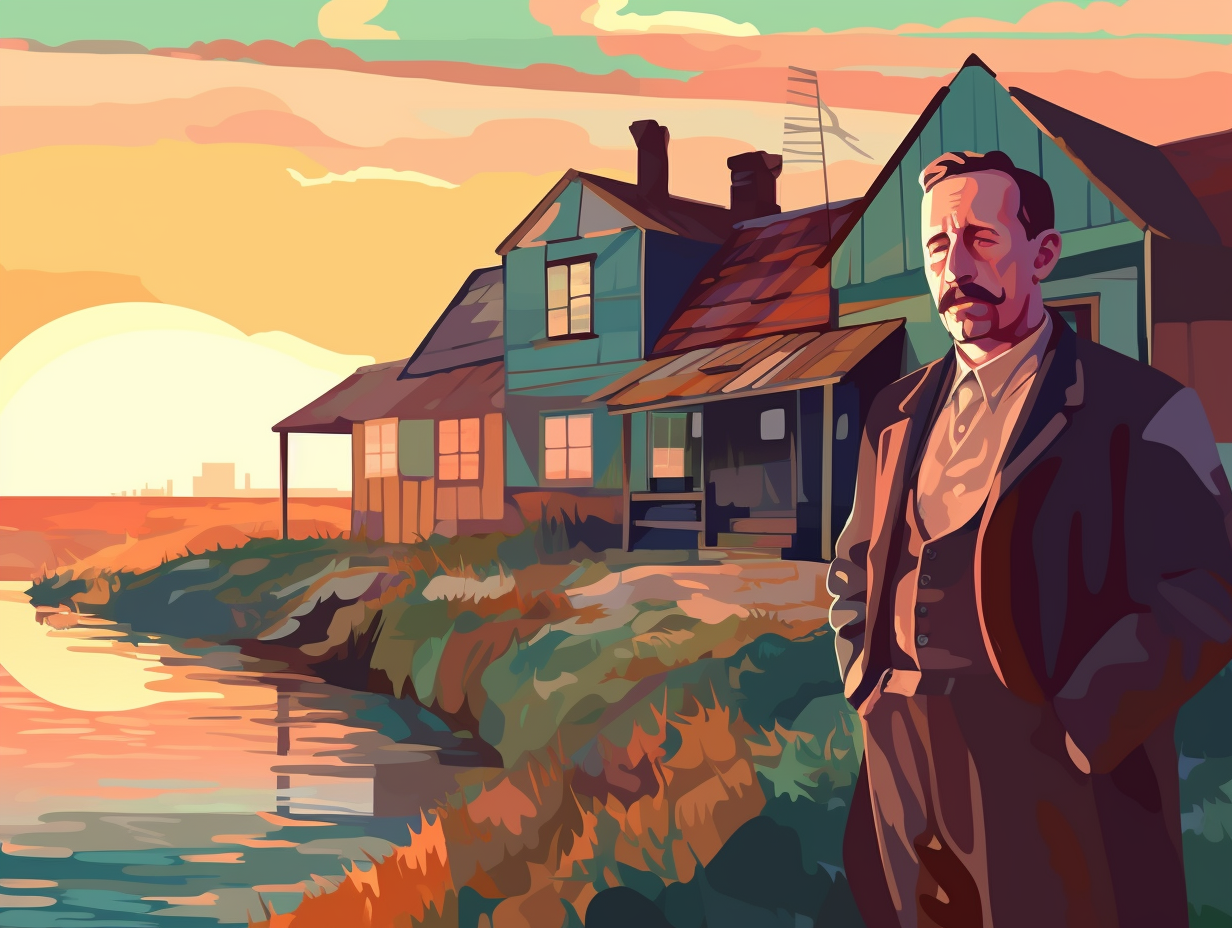Discover the World of Rudyard Kipling: Top 8 Fascinating and Entertaining Facts You Never Knew!
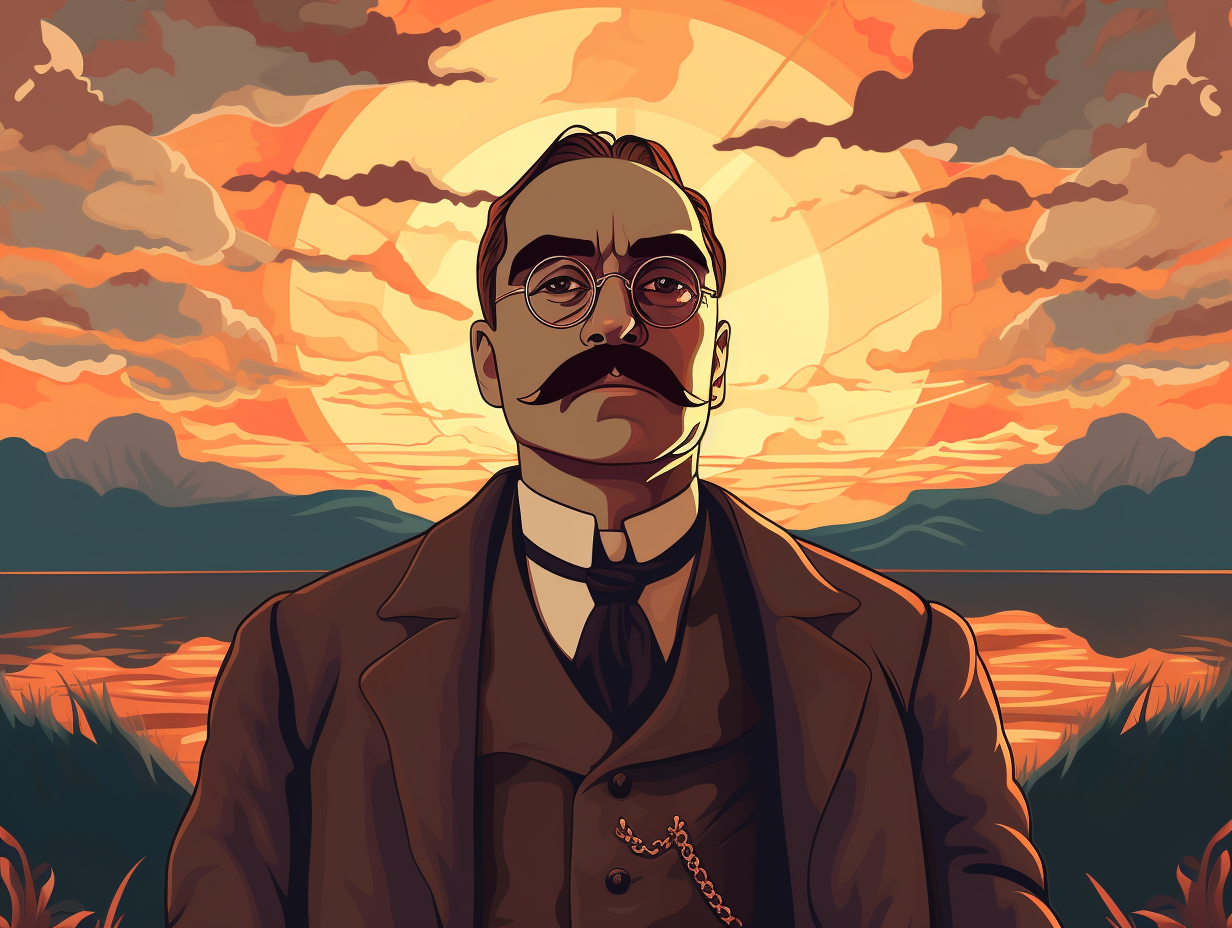
1. The Jungle Book's Tender Origins
When Rudyard Kipling wasn't busy laying down the "bear" necessities in "The Jungle Book," he moonlighted as an ancient Indian fable enthusiast: Kipling drew inspiration for his famous stories from classic texts like the Panchatantra and the Jataka tales, and even crafted the collection as a homage to his daughter Josephine, who tragically passed away at age 6 from pneumonia. The discovery of a first edition containing a heartfelt note from the author to Josephine in 2010 at England's Wimpole Hall makes the book's origins as tender as its much-adored tales.
Source => en.wikipedia.org
2. Playing Hard-to-Get with the Nobel Prize
Who said playing hard-to-get was a waste of time? Rudyard Kipling, a master of both words and playing the literary cat-and-mouse game, certainly didn't think so: After being nominated four times, he finally snagged the Nobel Prize for Literature in 1907, winning hearts and minds with his observational prowess, imaginative originality, and virile storytelling in classics like The Jungle Book – which Walt Disney helped immortalize on the silver screen in 1967.
Source => en.wikipedia.org

Did you know that J.K. Rowling faced twelve rejections before her magical Harry Potter book found success with the lucky 13th publisher? Discover how she overcame adversity to become a literary luminary. ✨
=> Fun Facts about Authors
3. Magical Word-Pharmacy
Step right up, ladies and gentlemen, for a glimpse into the marvelous mind of a man who fathomed the pharmacy of vocabulary and prescribed word-potions with astonishing precision: Rudyard Kipling once bewitchingly stated during a 1923 speech at the Royal College of Surgeons in London that words hold the power to "infect, egotize, narcotize, and paralyze," likening their impact on the human psyche to that of potent drugs, as they "enter into and colour the minutest cells of the brain."
Source => cliffsnotes.com
4. Globe-Trotting Inspiration
When Rudyard Kipling wasn't busy swinging through the pages of The Jungle Book like a literary Mowgli, he was gallivanting across the globe following in his father's footsteps: The young Kipling gained inspiration for his renowned works by living and working in colonial India and South Africa, where he explored local cultures and made a lifelong habit of devouring books.
Source => barnesandnoble.com
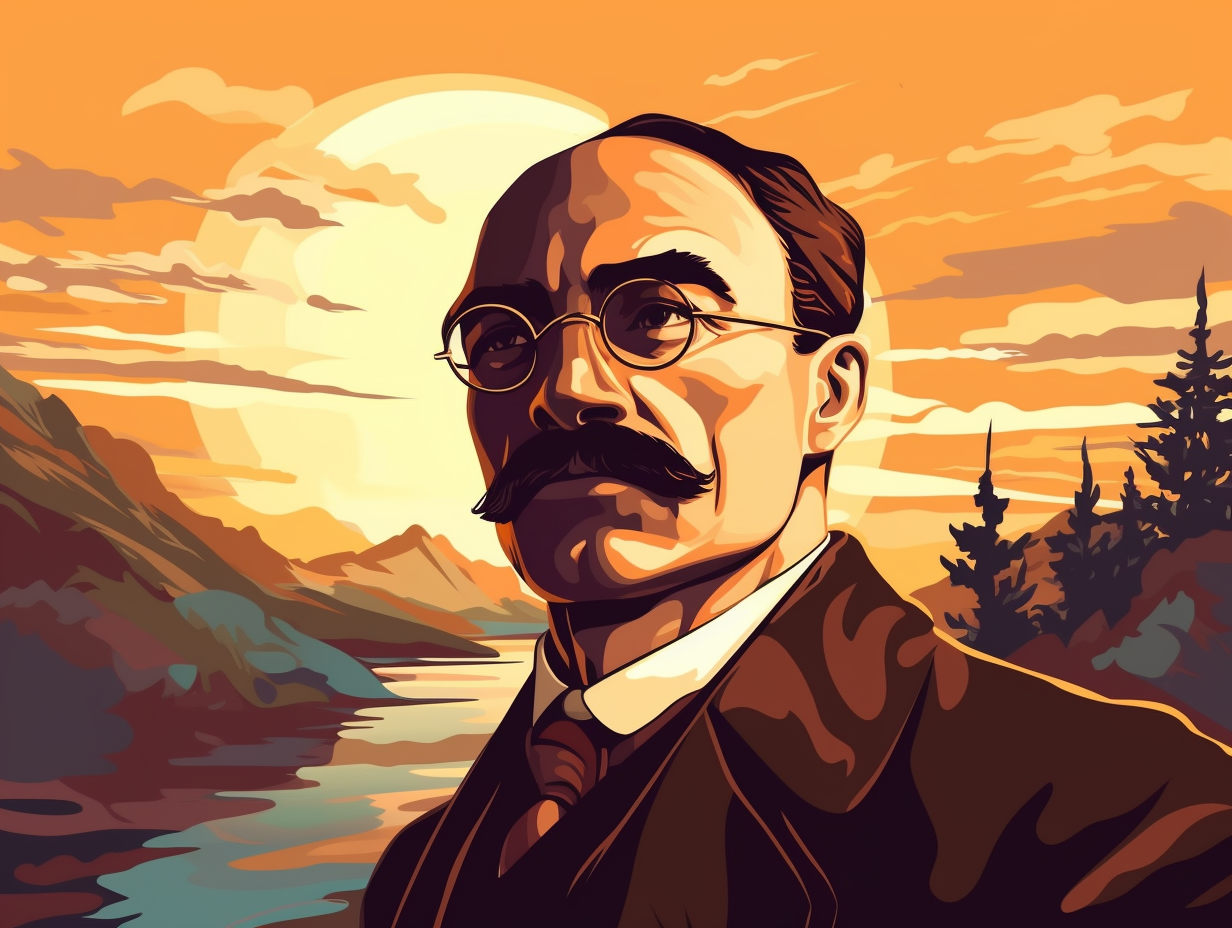
5. Kipling's Puzzling Epitaph
With a morbid sense of humor and an undeniable flair for dramatic irony, our dear Mr. Rudyard Kipling chose a gravestone inscription that would leave visitors puzzled and amused for years to come: His final resting place in Poets' Corner boasts the unique epitaph "Lest We Forget," a phrase conceived by Kipling himself and far from a traditional farewell at the time.
Source => en.wikipedia.org
6. Unleashing Mowgli
Who let the Mowgli out? Well, it was none other than the literary lion tamer, Rudyard Kipling: The man who would go on to become the first English-language writer to be awarded the Nobel Prize in Literature in 1907, on account of his fantabulous feats like weaving the timeless tales of "The Jungle Book" and "Kim."
Source => litcharts.com
7. Cold War Mongoose Heroics
Who said the Cold War was all ice and no fire? Turns out, mongoose heroics were a common ground for Soviet animators and Orson Welles: Rudyard Kipling's "Rikki-Tikki-Tavi" short story was adapted into a Soviet animated film in 1965, and later as a 1975 American TV special featuring Welles as the voice of the slithery villain, Nag.
Source => en.wikipedia.org
8. Kipling's Spicy Indian Inspiration
When Rudyard Kipling wasn't busy practicing his killer "jungle moves" with Mowgli and Bagheera, he liked to take a "spicy vacation" to his beloved India: Kipling's childhood spent in India heavily influenced his works, including poems like "Mandalay" and "Gunga Din," as well as stories set in India such as the Jungle Book, resulting in literary masterpieces that continue to enthrall readers today.
Source => en.wikipedia.org
Related Fun Facts







